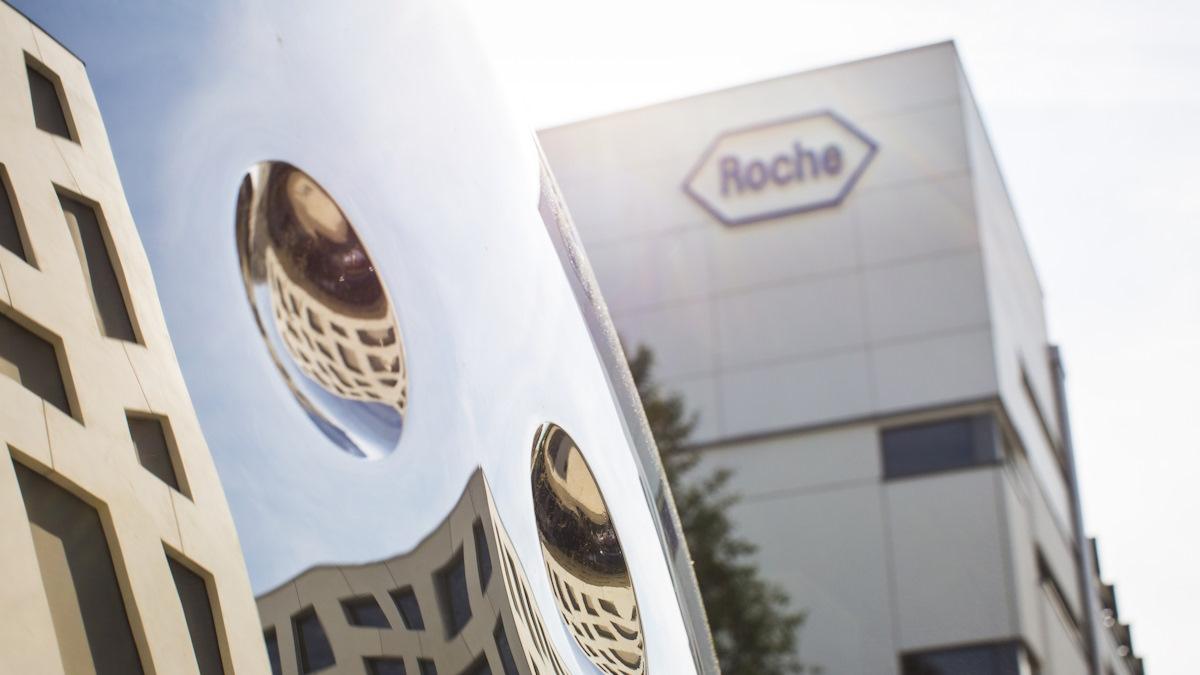Four predictions on the future of personalised medicine

For as long as there have been people, there have been illness and disease to hobble them. From cancer to the common cold, these nemeses of the human condition aren’t just going to disappear overnight. But medical researchers are still making major headway in how we diagnose and treat different ailments. We might not be able to cure everything, but we can certainly mitigate and control medical conditions far better than ever before. One of the tools helping us get there is personalised medicine.
Personalised medicine grants patients access to a course of treatment that accounts for all the unique characteristics that make them who they are. It goes beyond surface-level traits like age, gender, and medical history — it gets into your genetic makeup. By harvesting (and harnessing) data at this level, personalised medicine lets healthcare teams treat a patient as the individual that he or she is. They get to design an intervention specifically in line with the patient’s needs.
Here’s what I see happening as this specialised branch of healthcare ramps up into the future.
Personalised medicine will become useful for treating every disease.
Cancer is the star of the show when it comes to personalised medicine applications nowadays. It isn’t just one disease, but an entire category, and no two cancers are exactly alike, even if two people have the same kind. Treating cancer as effectively as possible calls for a customised approach every time, and this is exactly what personalised medicine delivers.
But as this field’s best practices are refined down the road, it’s going to kick up lots of other improved treatments behind it. Personalised medicine depends on scientists having full access to the human genome (which they’ve had since 2003), because it simply contains too much useful information about a patient to ignore. Whether or not someone previously knew of their genetic mutations or predispositions, personalised medicine brings that information to the surface and lets a medical take it into account in designing an effective treatment.
This methodology brings more data to the surface, and that data extended the foundation of medical knowledge useful in treating other conditions. It’s a new telescope for exploring the universe of human health.
Personalised medicine will spawn new drugs capable of hitting multiple targets.
Imagine taking one pill that solved multiple health problems at once. Personalised medicine will lay the foundation for this by generating vast stores of data on what works and what doesn’t.
Just as there are newer, faster consumer gadgets each year, prescription drugs are going to iterate and improve in exactly the same way. Designer drugs of the near-future will do more heavy lifting than seems reasonable today, hypothetically fighting someone’s leukemia while simultaneously boosting their immune system.
It’s about finding what works for the specialised individual, then applying that knowledge to another individual who shares the same essential traits. What works well for that person will work well for the other.
Personalised medicine will reduce medical side effects, or help get rid of them completely.
Even if a course of treatment successfully fights off a patient’s disease, it can still wreak havoc on their quality of life. Medical teams and patients all want to alleviate the paradoxical suffering that’s occasionally associated with getting better.
Just consider chemotherapy. It can cause hair loss, nausea, fatigue, vomiting, and a whole host of other undesirable symptoms — and sometimes it’s not even an effective treatment. Modern times call for improved solutions. While we may not be able to eliminate every side effect caused by every drug, personalised medicine can help us mitigate them. As this methodology generates lots of data on what works well and what doesn’t, researchers will be able to fine-tune and optimise new drugs for their best efficacy profile while simultaneously going for a minimal side effect profile.
In a manner of speaking, technology will “hack” regulations.
The FDA is generally conservative when it comes to approving new medical treatments or techniques, and rightfully so: they want to make sure that a proposed solution is safe and practical before giving it any kind of green light for public use. No matter how much promise a breakthrough treatment might show in a lab, it has to be thoroughly staged and tested before seeing any kind of release.
That’s an expensive and time-consuming process, and someone facing a terminal condition won’t exactly be happy to wait on those results.
But personalised medicine lets healthcare teams sharpen the swords they already have. This methodology lets doctors combine conventional FDA-approved drugs in new ways, piecing together a course of treatment that helps deliver a highly desirable outcome for a patient. It’s just a matter of assembling the puzzle pieces they already have in a new way, no clinical trials involved.
The government is generally much better handling health-related technologies as opposed to things like cryptocurrency or social media. But look for everyone’s understanding of the term “medically possible” to change in the future.
There’s boundless promise in future medical technology, and sweeping changes to healthcare are right around the corner.
About the author
Laura Towart is the founder and CEO of My Personal Therapeutics, a London based digital health company offering personalised cancer therapeutics. She is also the founder and former CEO of Celmatix, a leader in diagnostics and predictive analytics for female infertility and women’s health. Laura is a graduate of the Weill Cornell Graduate School of Medical Sciences and Memorial Sloan Kettering Cancer Center’s Doctoral program and received a Certificate in Bioinformatics. Laura holds a BS/BA in Biology/English from The George Washington University.












